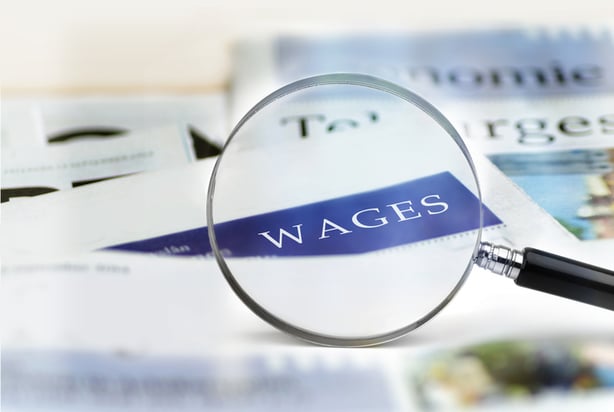
Salary and minimum compensation have been huge topics of conversation over the last few years. These discussions have resulted in wage increases and additional changes all over the country. January 2020 welcomes another wave of change that will directly affect businesses and how they classify employees. This post summarizes updates to the New Labor Standards Act (FLSA), which affect salaries beginning January 1, 2020.
What is the new rule?
The new rule states that the minimum salary for any employee classified as “exempt” (paid by salary and ineligible for overtime compensation) will move from the current minimum of $23,660 per year, or $455 per week to $35,568 per year, or $684 per week. If you currently have exempt employees who are paid an annual salary of less than $35,568, you will be required to do one of the following:
- Raise the employee’s base salary to the new level, effective January 1, 2020, or
- Reclassify that individual as a “non-exempt” employee. That entails determining an appropriate hourly rate and requiring that employee to track the hours they work. As a non-exempt employee, all hours worked over 40 hours per the defined workweek must be paid as overtime equal to 1.5 times their hourly rate.
How will this affect you?
This could affect businesses in a number of ways. One of the main concerns and questions you should be asking is, “how much overtime is normally worked by each employee currently being classified as exempt but being paid below the new threshold?” This is a critical detail in determining the options to choose for any employee and the hourly rate to be paid if they are reclassified as non-exempt (hourly).
Now is the time to review how every employee is classified, determining whether those classifications are still valid under the new rule. Companies working with PRemployer will receive payroll reports over the next several weeks, and we will contact clients whose businesses require adjustments to remain compliant with the new regulations.
It’s key to have conversations prior to January 1st with those employees slated to be reclassified, especially if their salary will be reduced in some manner. It’s also important to note that once an employee is reclassified to non-exempt, the additional hours they may have worked as a salaried employee will now be eligible for overtime. Employers who do not follow the rules and abuse this policy could face fines or other repercussions.
How can PRemployer help?
Working with a PEO can help you feel confident that you are operating within regulations and won’t face any repercussions. Ensuring you have the right team in place to keep the paperwork in order is key in taking care of your employees, and your infrastructure.
Human resources and compensation issues are important to the success of any business. Knowing how to stay informed and in compliance with any regulatory measures makes the difference. This new rule starts on January 1, 2020. Now is the time to be proactive in reviewing employee files to take action on those that need adjusting. If you are interested in partnering with PRemployer for expert help, feel free to reach out to an associate today!

